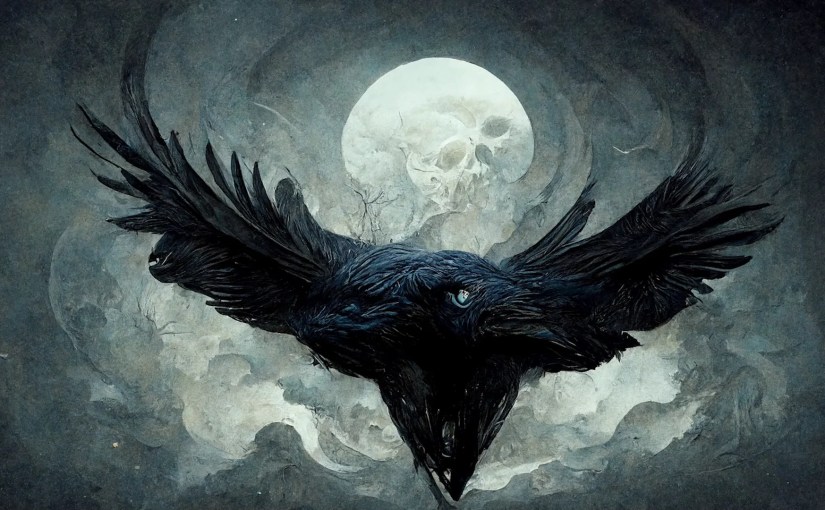In a gripping session at the High Court, Prince Harry opened up about the emotional turmoil he faced during his breakup with Chelsea Davy.
The Duke of Sussex expressed how hurtful media coverage made him feel as if his relationship was destined for failure.
He specifically pointed to a November 2007 article in the Irish edition of the Sunday Mirror, which detailed their private moments.
According to Harry, the piece suggested that he had desperately sought a second chance with Davy, further intensifying his feelings of despair.
Harry’s testimony painted a vivid picture of the toll tabloid journalism took on his personal life.
He remarked, “These kinds of articles made me feel as though my relationship with Chelsea was always set to be doomed.” His candid reflections reveal a deep-seated frustration with how the press portrayed his romantic endeavors, particularly during such a vulnerable time.
However, not everyone is sympathetic to Harry’s plight.
GB News presenter Mark Dolan weighed in on the matter, suggesting that Harry’s woes stem from his own shortcomings rather than media scrutiny.
Dolan quipped that the Duke, whom he referred to as the “world’s least happy millionaire,” was merely complaining about his life and should take responsibility for the relationship’s demise.
He bluntly stated, “I think the relationship didn’t work because he’s just an annoying numpty.”
Adding another layer of complexity to the situation, reports surfaced that Chelsea Davy’s husband, Sam Cutmore Scott, is contemplating legal action against Harry for dragging his wife into the ongoing lawsuit.
Sources claim that Chelsea ended her relationship with Harry due to his excessive complaints, asserting that the media had little to do with their split.
Now happily married with a child, Chelsea appears to be living a fulfilling life, making Harry’s revisiting of their past seem rather damaging.
As the drama unfolds, experts like GB News host Dan Witton and American journalist Megyn Kelly have raised eyebrows over Harry’s apparent fixation on Davy.
Witton highlighted a striking detail from Harry’s court statement, noting that Chelsea was mentioned a staggering 118 times, while Meghan Markle‘s name only appeared five times.
This discrepancy has led some to question whether Harry has truly moved on from his former love.
During the court proceedings, Harry became visibly emotional when discussing his past with Davy.
This display of sentiment raises concerns for Meghan.
If you were in her shoes, wouldn’t you feel a twinge of anxiety?
It seems clear that Harry’s unresolved feelings for Chelsea linger, casting shadows on his current relationship.
Harry’s allegations predominantly focus on the intrusive nature of tabloid reporting surrounding his breakup with Davy, who is now known as Chelsea Yvonne Cutmore Scott.
He recounted instances where articles claimed Chelsea confronted him over alleged flirtations at parties, and others depicted emotional phone calls that led to their separation.
These narratives, he argued, were based on dubious sources, leaving him feeling exposed and vulnerable.
Moreover, Harry revealed that he often felt paranoid about the extent of media surveillance on his life.
He recalled missed calls he believed were indicative of phone hacking, and he expressed confusion over how details of their private vacations ended up being reported.
Journalists and photographers seemed to anticipate their every move, which severely strained their relationship, ultimately contributing to its downfall.
The Duke lamented the erosion of trust that came with constant media scrutiny.
He described how the intrusion led to a shrinking circle of friends, as he feared they might be leaking information to the tabloids.
This isolation, he admitted, fueled bouts of depression and paranoia, leaving him regretting the friendships he chose to sever.
On the legal front, the publisher’s lawyers have challenged Harry’s claims, arguing that many of the articles he references date back to periods beyond the six-year limit typically applicable to privacy violation complaints.
Andrew Green, one of the company’s lawyers, asserted that there was no need for unlawful means to acquire information about Harry, as it was already available through other news outlets—a point that Harry contested in court.
As the case continues to unfold, it raises significant questions about the intersection of celebrity culture, personal privacy, and the responsibilities of the media.
Related Stories

